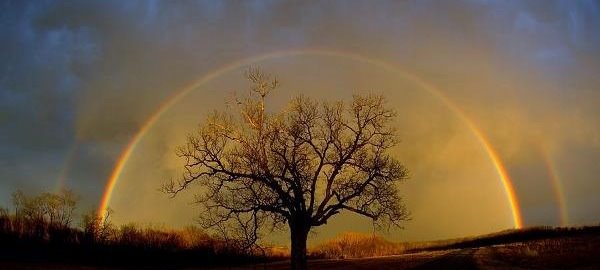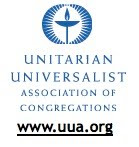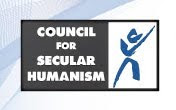We are a way for the Cosmos to know itself
Carl Sagan put it so succinctly, it may seem like a tautology. Well of course we are part of the Cosmos and we are conscious. So what? Who cares? But when this meme first crossed my path it seemed like an epiphany. Someone once said "any most fundamental discoveries will soon seem obvious" or words to that effect. Where did this meme Sagan was spreading come from originally?
 It first came to me in a pamphlet for a talk given by Alan Watts, circa 1968. At first glance, it appeared to be simply another of those many trendy themes that enjoyed currency in the 60s, something about Zen and meditation, and all that New Age stuff. But something about this particular item really grabbed at me. The lines that stuck in my head, and have stayed there through some transmutations for over 40 years, were:
It first came to me in a pamphlet for a talk given by Alan Watts, circa 1968. At first glance, it appeared to be simply another of those many trendy themes that enjoyed currency in the 60s, something about Zen and meditation, and all that New Age stuff. But something about this particular item really grabbed at me. The lines that stuck in my head, and have stayed there through some transmutations for over 40 years, were:
"We are not egos in bags of skin, who come into the world. We come out of the world, as leaves from a tree. As the ocean 'waves', the universe 'peoples'... We are the universe, become conscious of itself."
The first three sentences come directly from Watts' book, just then appearing, entitled "The Book on the Taboo Against Knowing Who You Are." The last sentence was there in the pamphlet I mentioned, but I cannot find it in that form anywhere in print, though Watts did write things like "we are the eyes and ears of the universe." But it is the most important part for me, and it left me with the conclusion that science was somehow more fundamental than engineering. I then would become a voyeur, rather than a creator, in part because Nature's creation was so much more impressive than the relatively simple and predictable creations of engineers.
I had been seduced by Alan Watt's (possibly drug-influenced) world view, as described in Wikipedia:
"In several of his later publications, especially Beyond Theology and The Book on the Taboo Against Knowing Who You Are, Watts put forward a worldview, drawing on Hinduism, Chinese philosophy, pantheism, and modern science, in which he maintains that the whole universe consists of a cosmic self playing hide-and-seek (Lila), hiding from itself (Maya) by becoming all the living and non-living things in the universe, forgetting what it really is; the upshot being that we are all IT in disguise. In this worldview, Watts asserts that our conception of ourselves as "egos in a bag of skin" is a myth; the entities we call the separate "things" are merely processes of the whole."
One of those processes is seeing and comprehending what is seen, so that life lessons can be learned and survival fitness can be improved, but also just for the sheer enjoyment of reality and the appreciation of the magnificance of the universe. And that is where we come in as at least one of the sources of sensations and information that the universe compiles about itself. That information has, up until we humans arrived on the scene, been compiled in the form of DNA codes. Now we are augmenting that with all of human culture and its documentation, some of which may conceivably be as durable as DNA is.
Wikipedia notes that Watts was influenced by pantheism, the universe as supreme being, as was Carl Sagan. In his 1980's TV series, Cosmos, Sagan distilled it all into the bumper sticker title of this post. When Carl talked about the universe, you knew clearly that he was talking about "all that is or was or ever will be." Now that is almost by definition (barring a supernatural parallel universe) the greatest possible deity, of which all others can only be a part. And we are Its senses and memory, along with Its knowledge processing and storage system.








